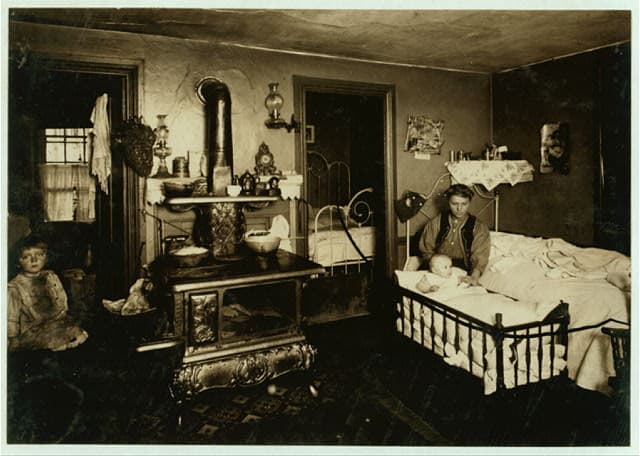Lives Uncharted
Lives Uncharted chronicles the experiences of Polish migrant women who arrived in the United States before 1914. We collect and publish family memories, historical records, and narratives to reconstruct the many uncharted lives of ordinary Polish women who crossed the Atlantic in the late 1800s and early 1900s.
The goal of Lives Uncharted is to create a digital repository of stories that will help us better understand how Polish migrant women lived every day and how they navigated the realities of their lives in the United States in the late nineteenth and early twentieth centuries. We want to know what difficulties they faced, what opportunities they had, and what secrets they kept.
Every story matters. We share stories of workers, artists, and community activists. We share stories of rebels, protestors, and free spirits. We share stories of wives, mothers, and caregivers. And we share stories of triumphs and victories but also of failures and challenges. No story is too trivial, too fragmented, or too complicated. Lives Uncharted is the space where we look underneath the surface and explore who were the women that came before us.

What did Polish mean before 1914?
Not many European immigrants coming to the United States before 1914 self-identified in national terms. This means that few migrants from the pre-1914 wave that we think of as Polish thought of themselves as Polish at the time of arrival. Most self-identified through their connections to a place (a village, town, or larger region), familial bonds, or even religion. We acknowledge this historical reality and although we use the term Polish throughout Lives Uncharted, we are aware of how complicated the historical meaning of Polish in the context of the pre-1914 migration can be.
Identities are complicated and national identities today are defined differently than they were over a century ago. One of our aims is to develop a better understanding of what it meant to be a Polish woman in the United States in the early twentieth century and whether the women whom we identify as Polish thought of themselves in the same terms.